News & Publications
Fisheries and Marine issues
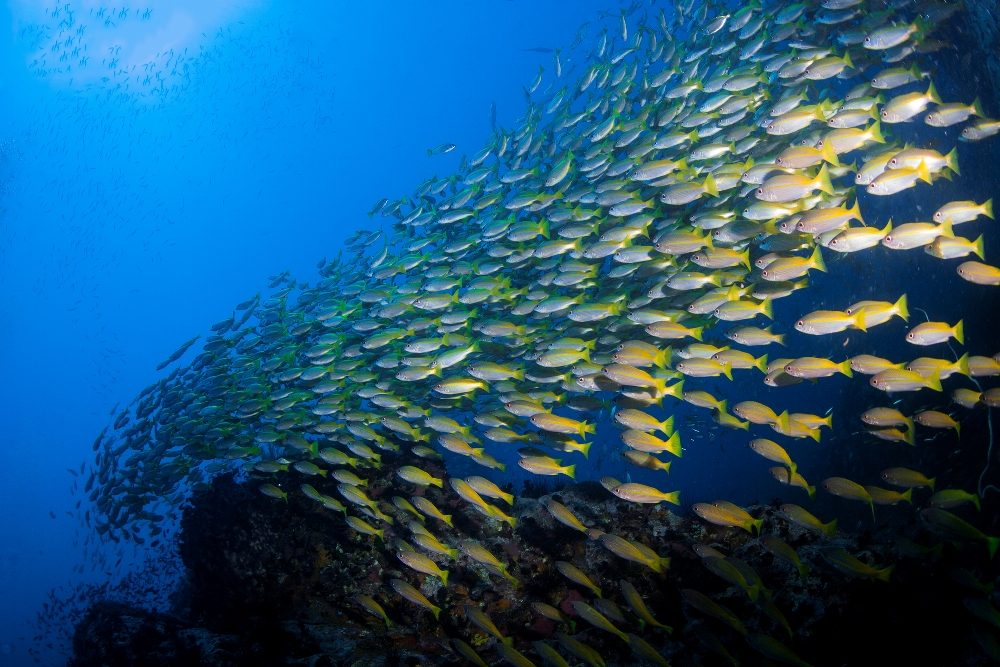
EBCD at COP27
The 27th Conference of the Parties (COP27) is about to start in Sharm El Sheikh, Egypt (6-18 November), and the outcomes of the discussions will be decisive for the future of aquatic food systems. Indeed, while the fisheries and aquaculture
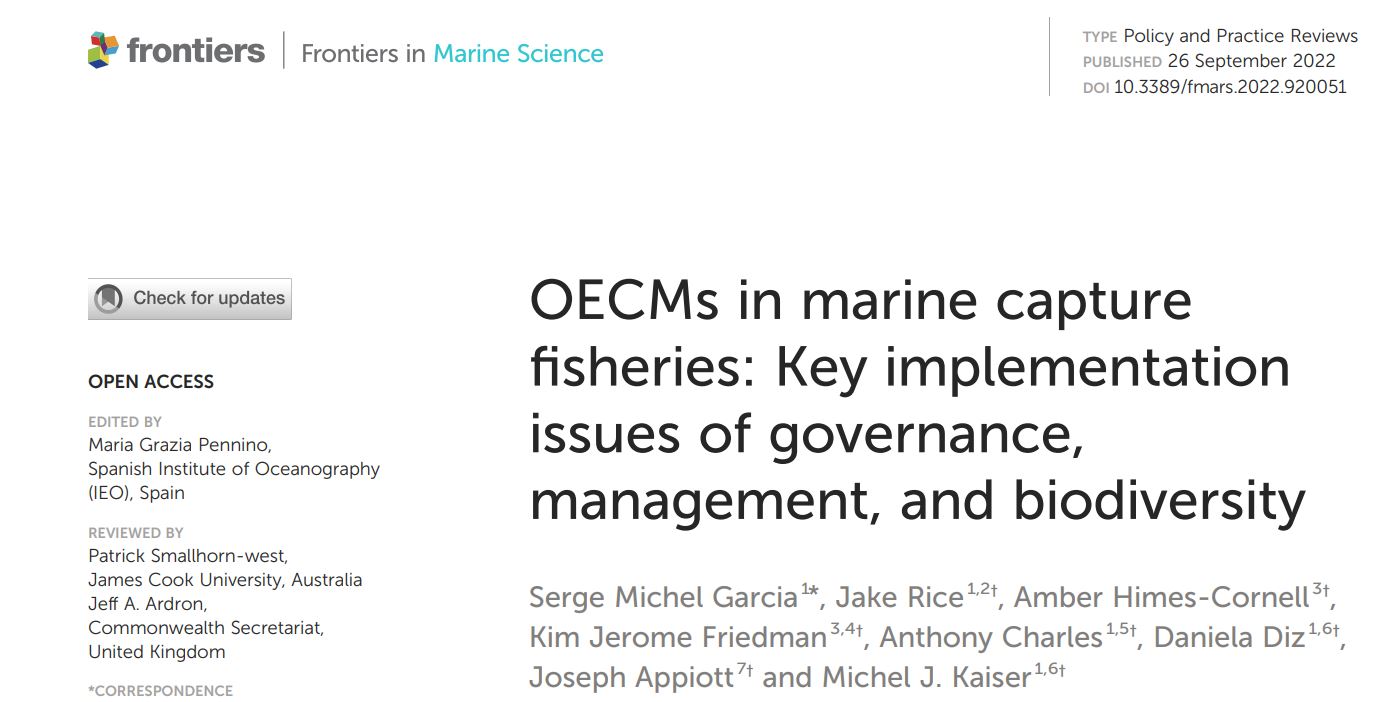
OECMs in marine capture fisheries: Key implementation issues of governance, management, and biodiversity
The IUCN Fisheries Expert Group co-authored, in collaboration with representatives from FAO and the UN Convention on Biological Diversity, the paper “OECMs in marine capture fisheries: Key implementation issues of governance, management, and biodiversity”. The paper highlights that: The quality
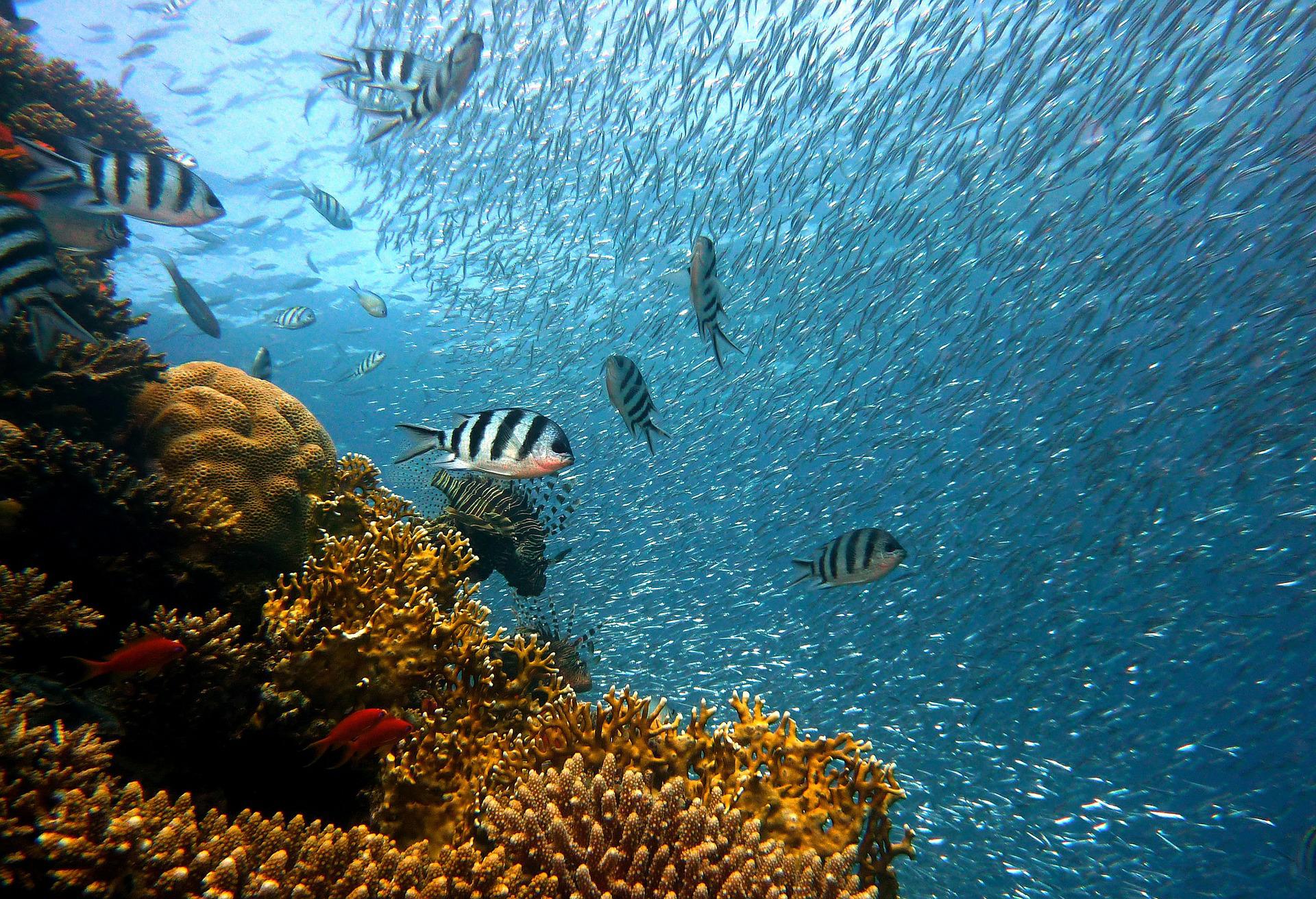
Towards Sustainable Food Systems: EBCD stresses the major role of aquatic foods
As 2022 is a key year for the oceans and looking at the challenges ahead in terms of food security as well as climate change and biodiversity loss, EBCD recalls the major role that aquatic foods can play in sustainable
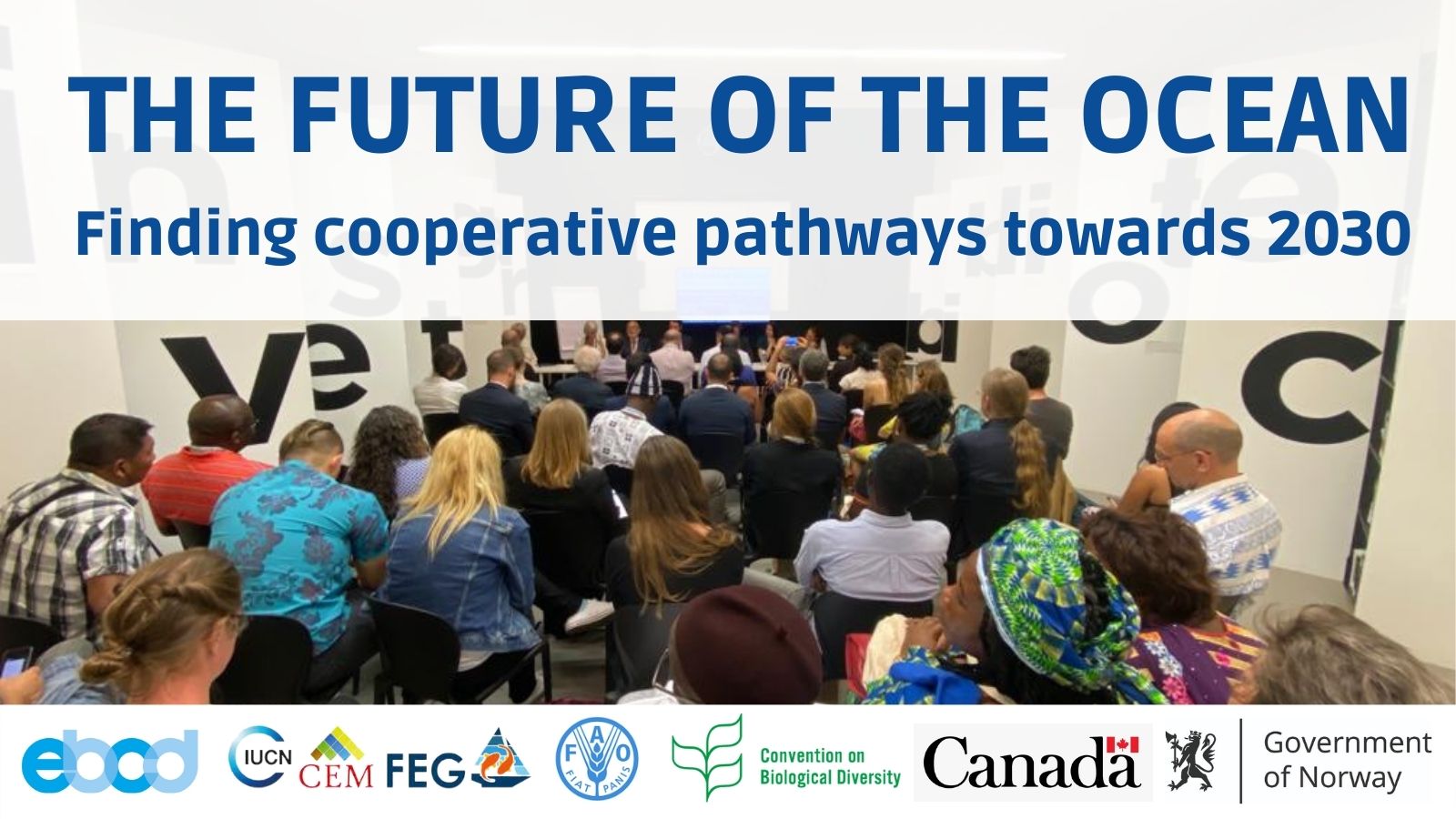
Press release – The Future of the Ocean: Finding cooperative pathways towards 2030
On 28 June 2022, in the framework of the United Nations Oceans Conference, the European Bureau of Conservation and Development (EBCD) along with the FAO, the UN Convention on Biological Diversity (CBD), the IUCN Fisheries Expert Group (IUCN-CEM-FEG) and the
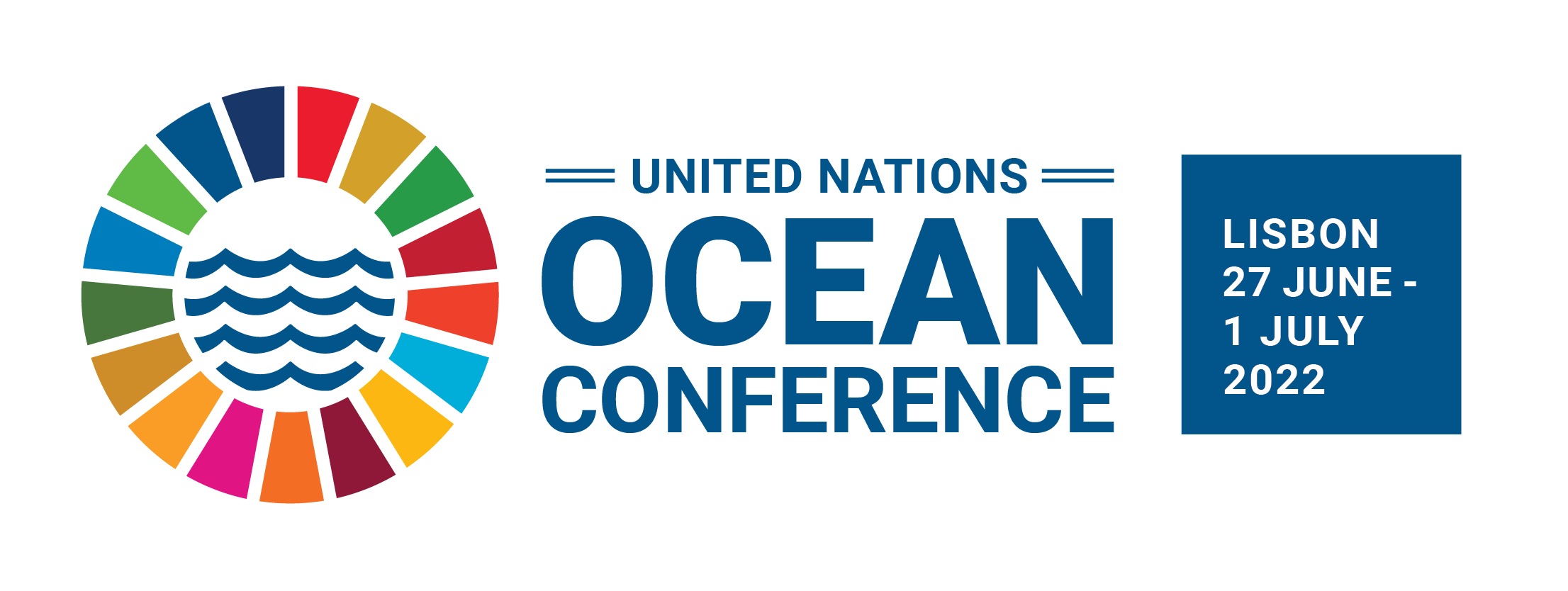
UN Ocean Conference: EBCD stresses its priorities for the Ocean
As the 2022 United Nations Ocean Conference (UNOC) is about to start in Lisbon, EBCD would like to recall its main priorities for the oceans: Ensure dialogue and participation of all stakeholders in policymaking; Use a holistic and comprehensive approach
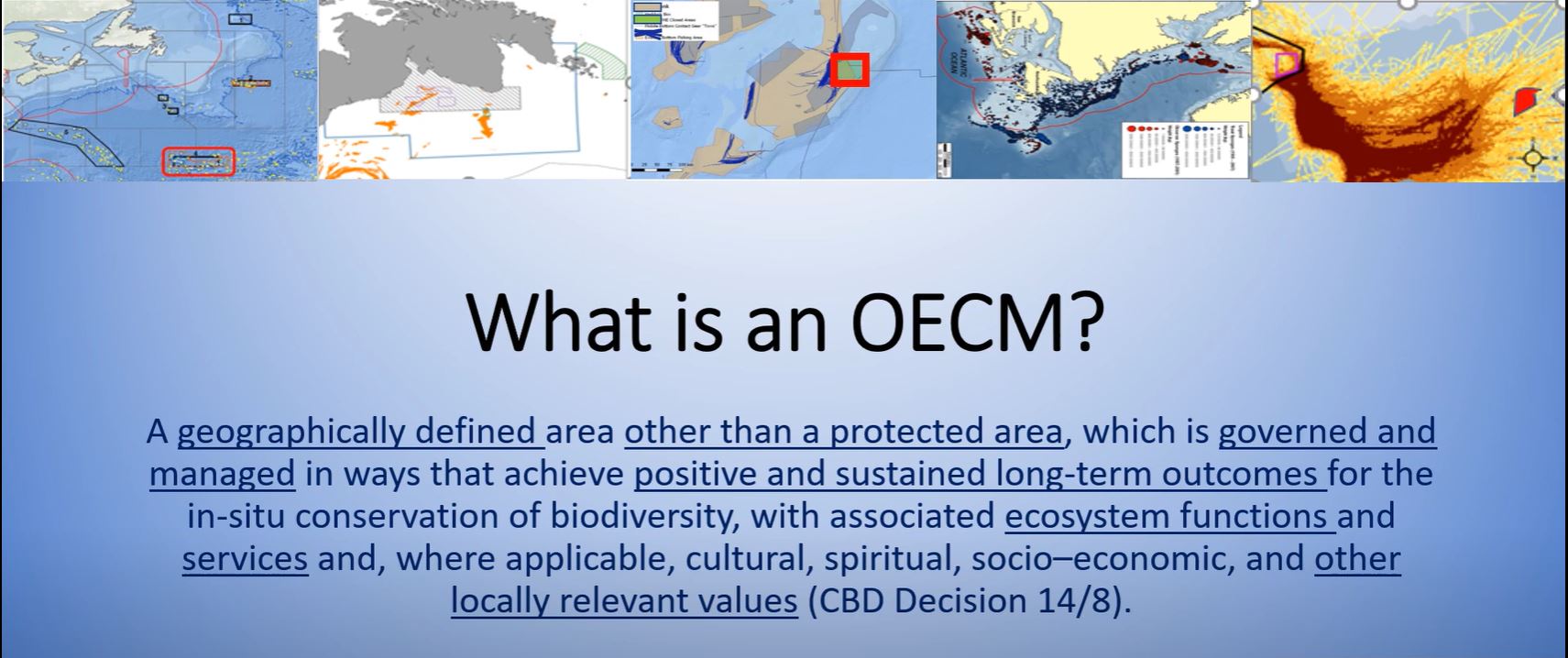
UN Fish Stock Agreement: Serge Garcia informs State Parties about fisheries OECMs and their role in strengthening the Ecosystem Approach to Fisheries
Other Effective area-based Conservation Measures are increasingly recognized as an essential tool to improve effective fisheries management and strengthen the operationalization of the Ecosystem Approach to Fisheries. At the Fifteenth round of informal consultations of States Parties to the United
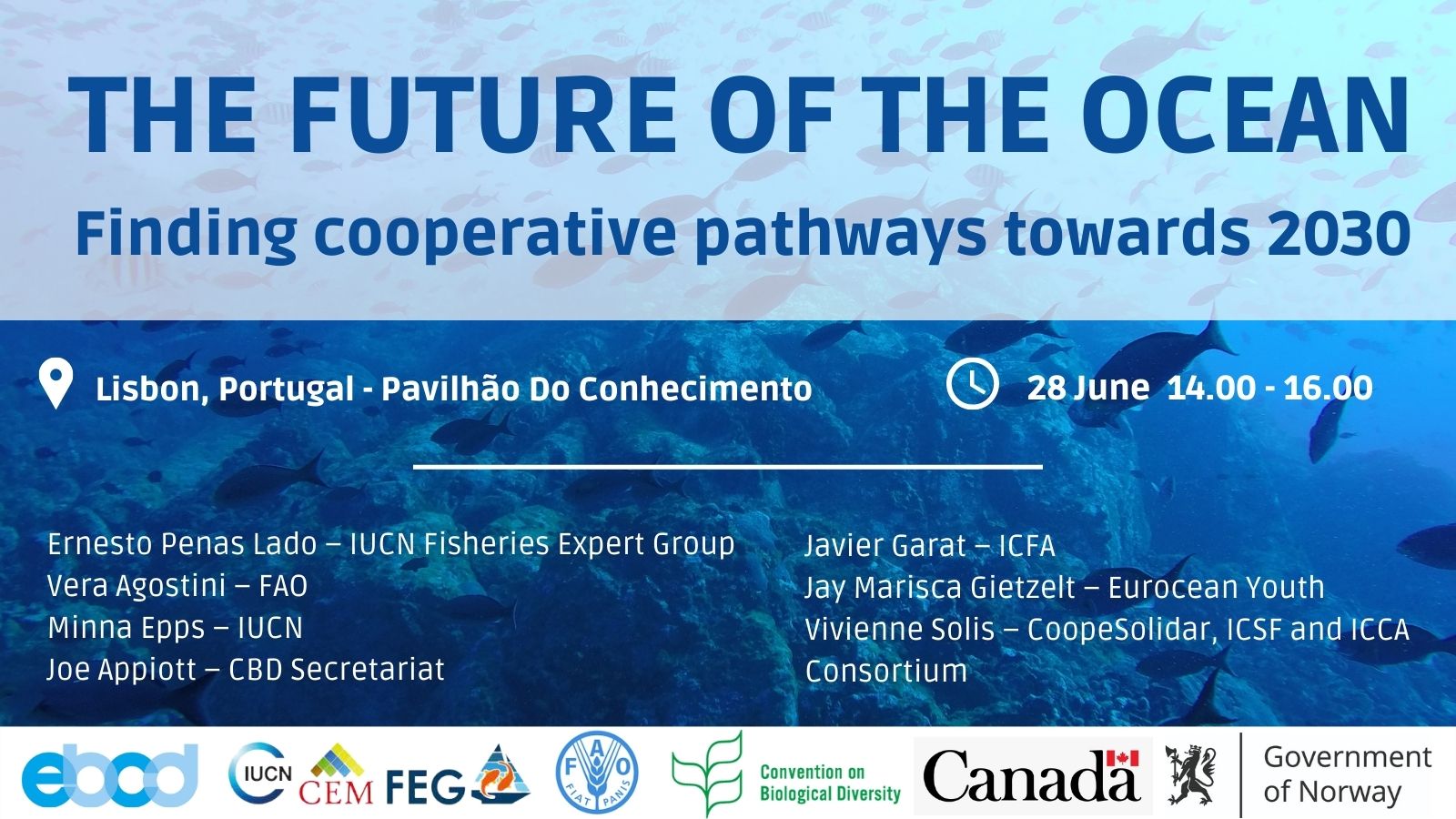
The Future of the Ocean: Finding Cooperative Pathways towards 2030
Where: Pavilhão Do Conhecimento-Ciência Viva Largo José Mariano Gago nº1, 1990-073 Lisboa, Portugal (How to get there) When: 28 June, 14.00-16.00 Registration here At the 2022 UN Ocean Conference, EBCD and the IUCN Fisheries Expert Group, in collaboration with the
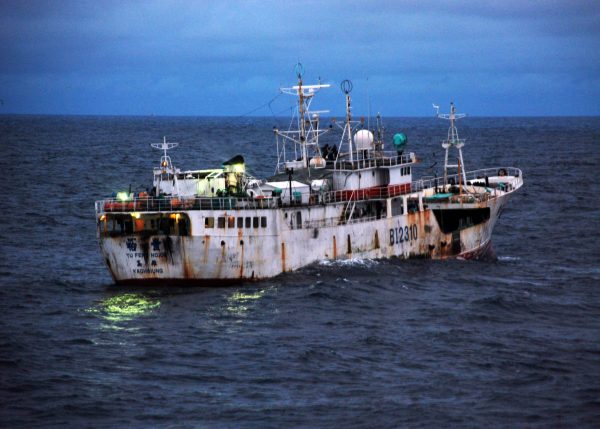
NGOs and fishers call on the European Commission to strengthen its action against IUU fishing
On 11 May, a coalition of NGOs (EBCD, EJF, Oceana, Pew, WWF) and fishers representatives (Europêche) sent a letter to the European Commission Executive Vice-President in charge of Trade, Valdis Dombrovskis, to urge him to ensure more consistency between the
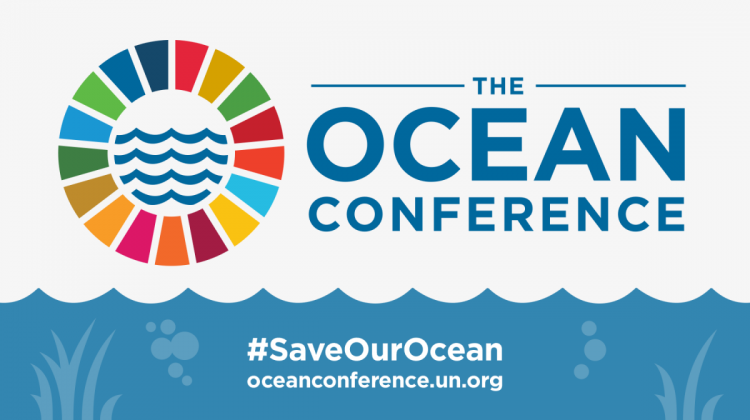
UN Ocean Conference: Joint submission by the IUCN Fisheries Expert Group and EBCD
In preparation for the 2022 UN Ocean Conference, the IUCN Fisheries Expert Group (IUCN-CEM-FEG) and the European Bureau for Conservation and Development (EBCD) have submitted a joint input to the Zero Draft of the Political Declaration, underlining the need to:
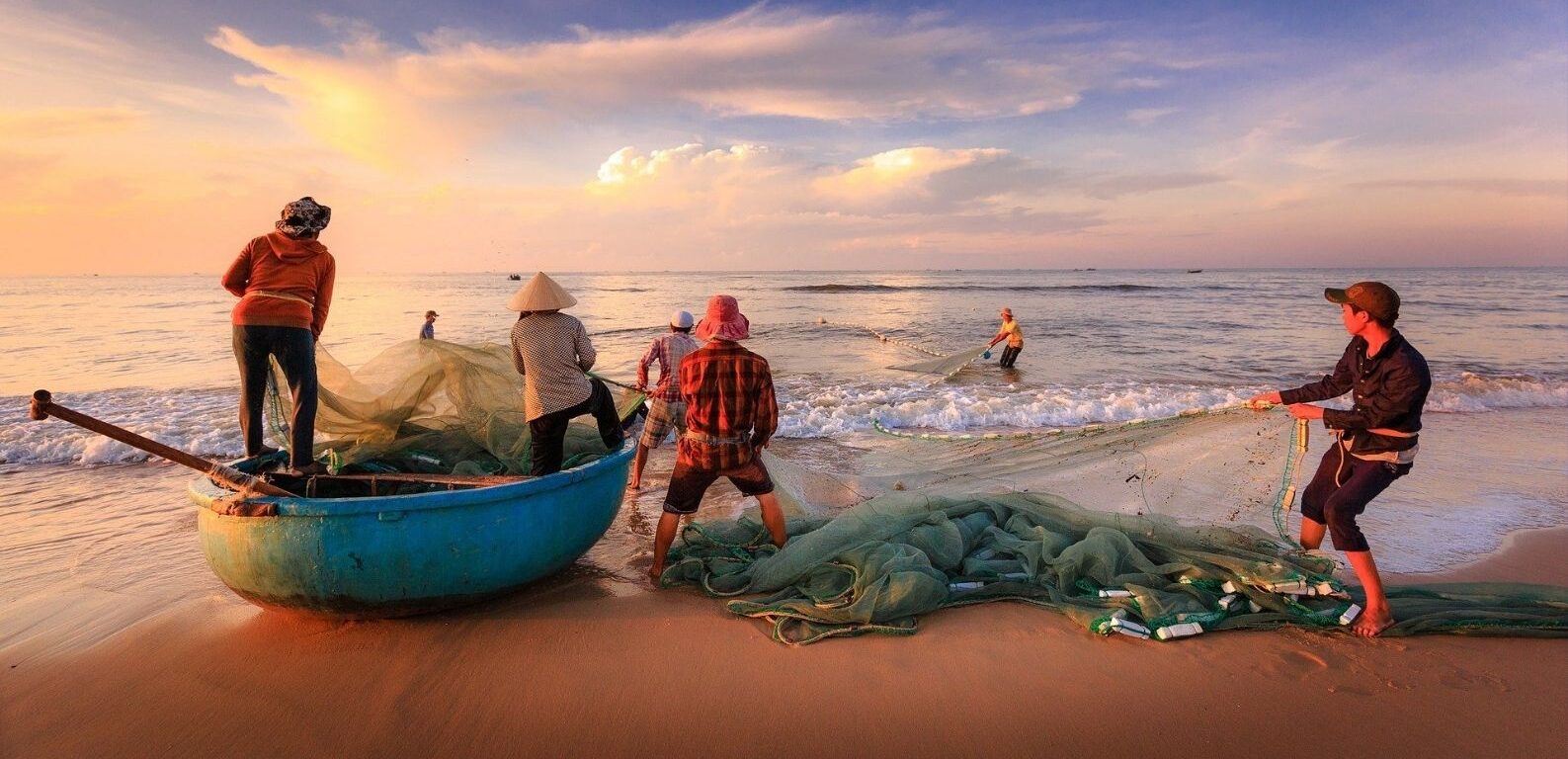
Marine Biodiversity, Fisheries and Ocean Post-2020: Implications for the Global Biodiversity Framework
16 MARCH 202113:15 – 14:45 CEST GENEVA: SALLE ABC, LEVEL 0ONLINE: ZOOM, REGISTER HERE ORGANIZERS: Food and Agriculture Organization of the UN (FAO), Fisheries Expert Group of the International Union for Conservation of Nature (IUCN-CEM-FEG), European Bureau for Conservation and

2022 will be another busy year for the Environment, Oceans and Fisheries
EBCD in 2021 Despite the uncertainty of the pandemic and the related restrictions, EBCD has managed to maintain its voice in Brussels and internationally. Working towards the implementation of the Sustainable Development Goals, the Secretariat of the European Parliament Intergroup
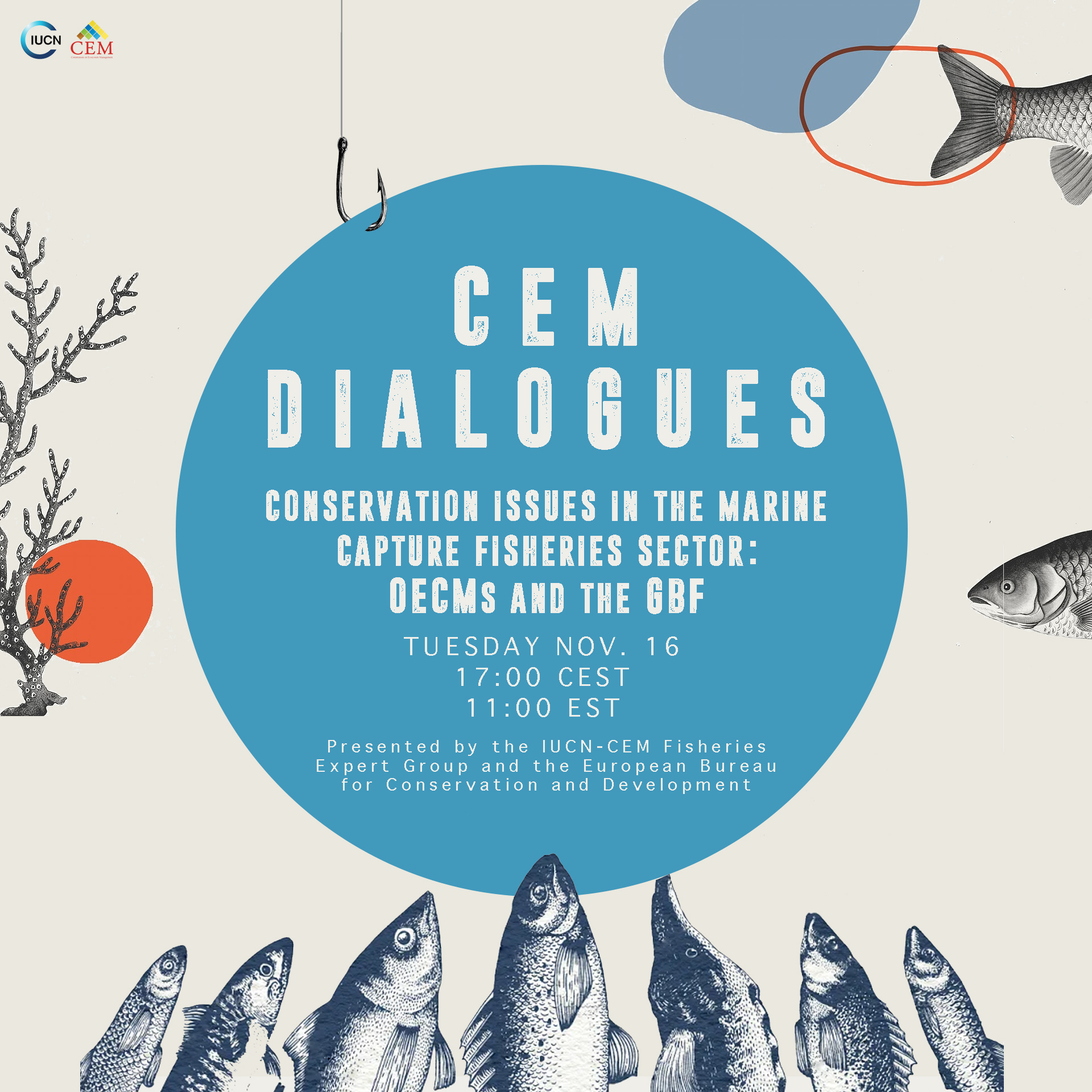
IUCN: Conservation Issues in the Marine Capture Fisheries Sector
The IUCN Commission on Ecosystem Management (CEM) organized a Dialogue on Conservation Issues in the Marine Capture Fisheries Sector. The debate, taking place online on 16/11, brought together experts from IUCN and the Secretariat of the UN Convention on Biological
